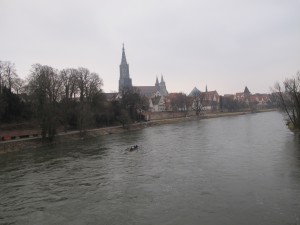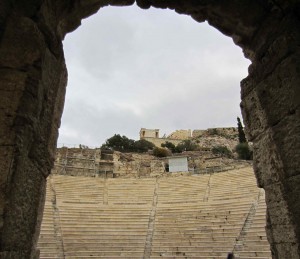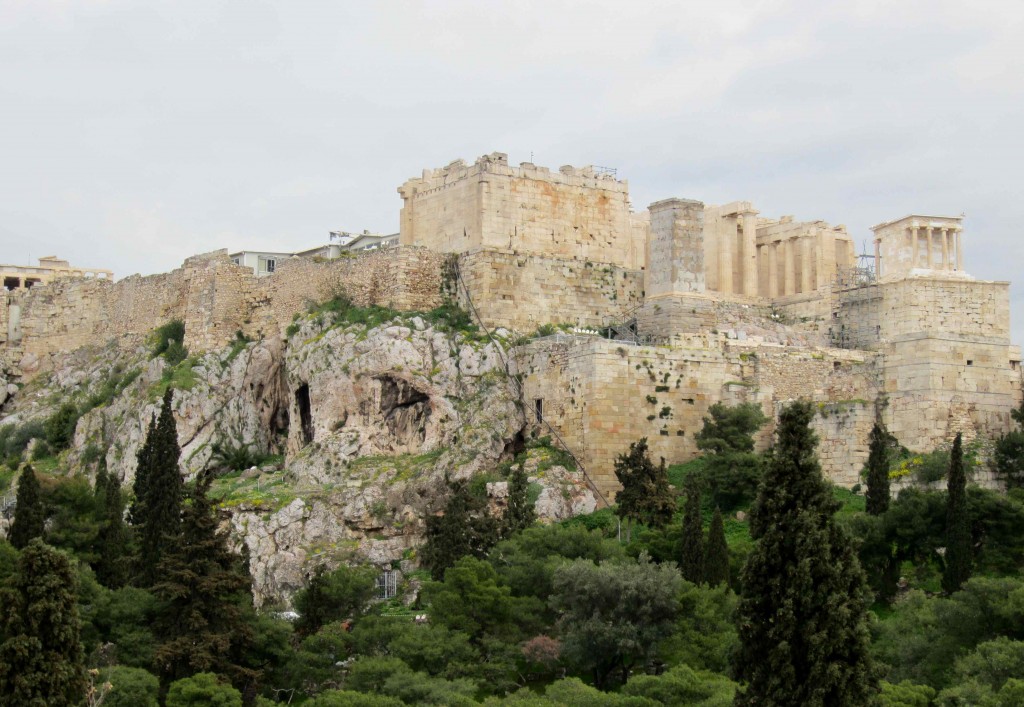One of the major differences about living in Germany has been the fact that English is not the first language here. One reason why I chose to do the Reutlingen Program was because I wanted experience what it was like living in a country that I had no clue how to speak the language. However after reality set in and a month before coming here, I kept on asking myself “Why the heck did I decide it would be fun to live in a country for four months where no one will be able to understand me?”
Once I finally arrived in Germany. There was the first initial language overload, especially at grocery store when we had to resort to pictures of different foods to actually understand what we were buying. However as the semester has gone on, we have learned quickly everyday words and phrases that we need to know. It also helps that we are in a language course. Another helpful thing about being in Europe is that most people know at least a little English here as well. So if there is ever a problem or if we have a question we can always find someone who can at least help point us in the right direction.
Overall, coming to a country where you don’t know the language isn’t as scary as I initially thought. As long as we show people that we are trying, they are very friendly and encouraging. It is fun looking back on how frazzled we were the first few weeks. Now we have seem to be able to get by and actually understand what our waiter is asking us or what the students are asking us in the dorms. Although we still make mistakes sometimes like getting whipping cream instead of sour cream for the most part we have been getting the hang of this language.
Check out more of my photos at https://plus.google.com/photos /113496106333285759017/albums?banner=pwa









